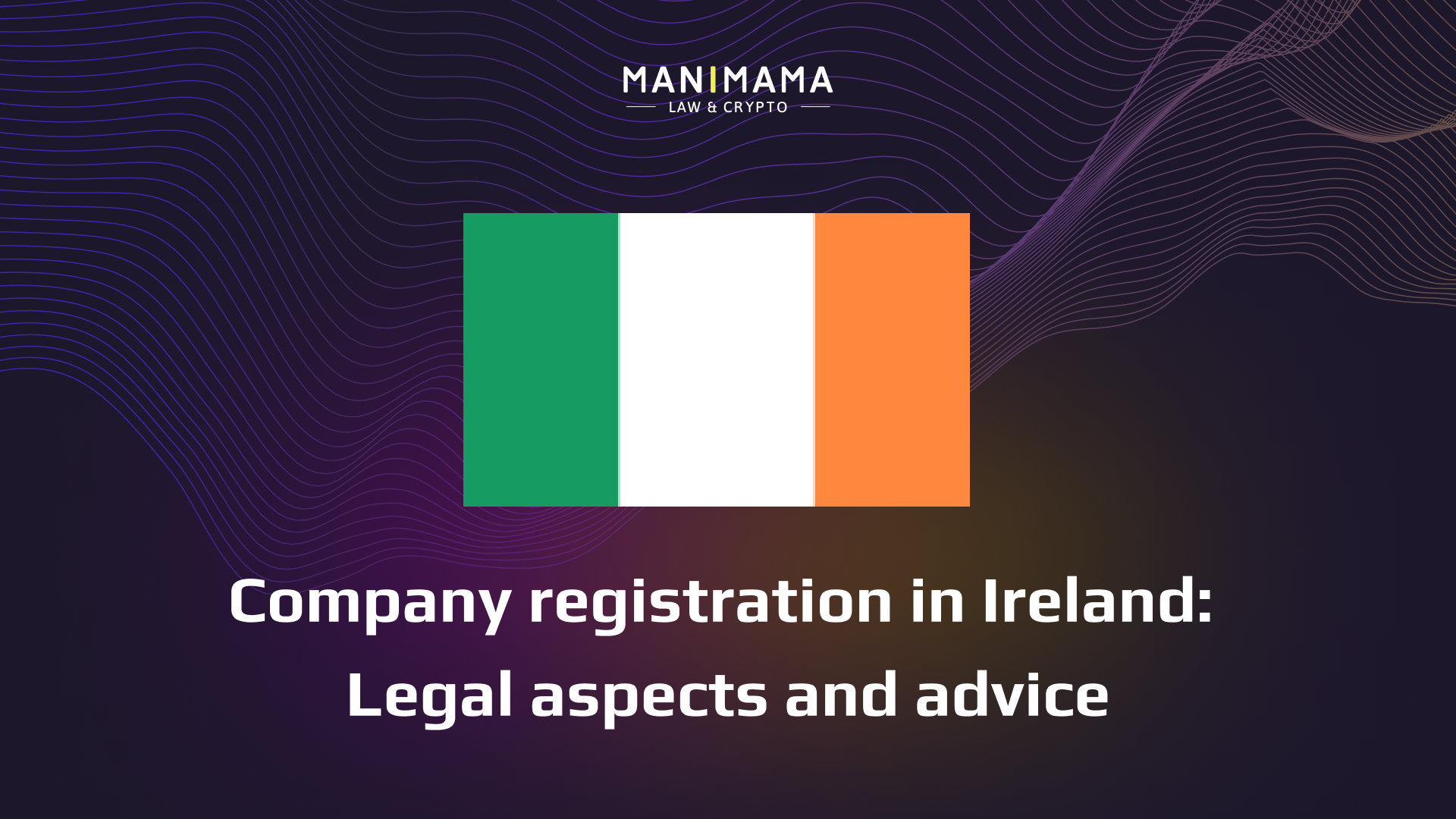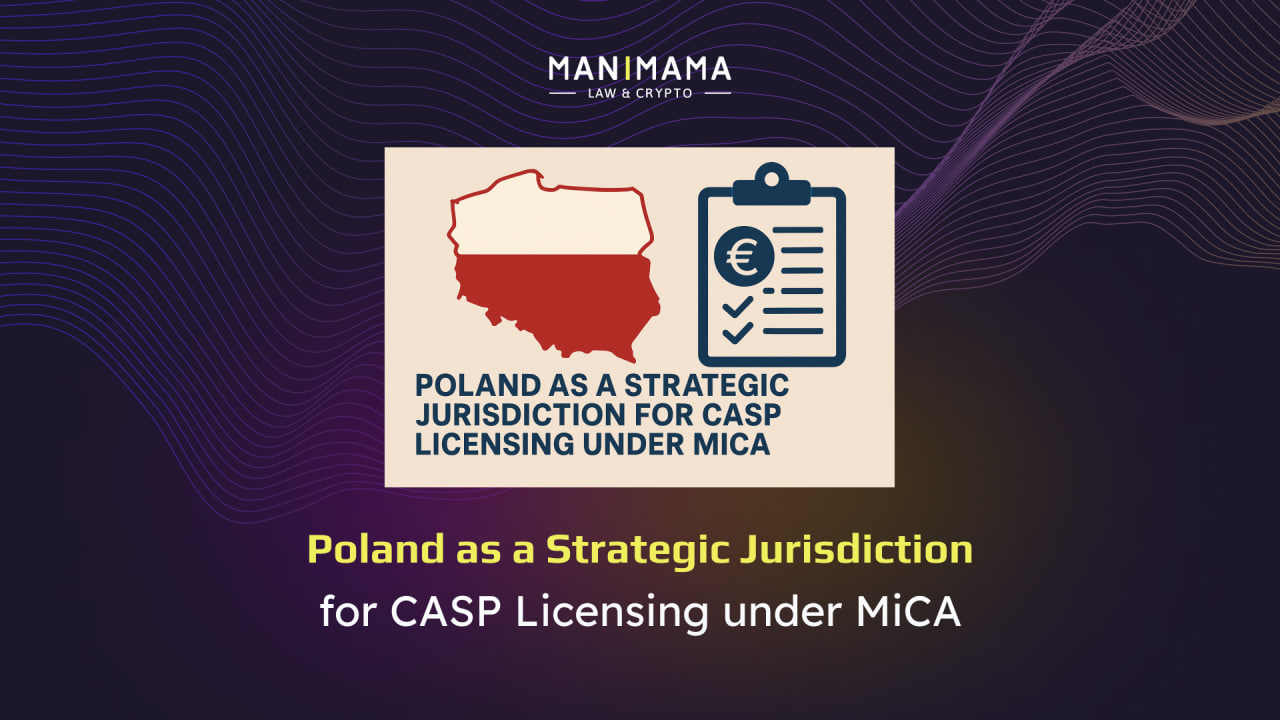Company registration is the process of formalizing the status of a legal entity in accordance with the laws of a certain country. During this process, the company is officially recognized as a legal entity with its own legal capacity.
To receive this status, it is necessary to provide certain documentation and fulfill the requirements established by the state authorities. Due to registration, the entity is able to conduct commercial activities, conclude contracts, participate in court proceedings and perform other legally significant actions.
If you plan to start a business in Europe, Ireland is an excellent choice for registering your company.
The Manimama team has conducted in-depth research, analyzed the main subtleties of incorporating in Ireland, and is ready to share its results and help you choose the right jurisdiction.
What are the main advantages of incorporating a company (business) in Ireland?
1. Favorable tax system
The primary advantage is the low corporate tax rate of just 12.5% for trading companies, making it one of the lowest in Europe. This results in significant savings for businesses and fosters their growth. Additionally, Ireland’s extensive network of double taxation treaties enhances its appeal for multinational corporations looking to optimize their tax efficiency.
2. Well-developed infrastructure
Ireland boasts a developed infrastructure that supports businesses. Modern transportation routes, airports, and ports provide easy access to European and global markets. High-speed internet and innovative data centers make the country attractive to technology companies. At the same time, reliable energy and logistics networks cater to industrial and commercial needs.
3. Supportive environment for startups and innovation
The country offers government programs, such as Enterprise Ireland, which provide funding, grants, and mentorship for new companies developing innovative products. Tax incentives, including credits for research and development (R&D), promote technological advancement.
4. Highly skilled workers
Ireland is renowned for its highly educated professionals, especially in IT, pharmaceuticals, engineering, and financial services, making it easy to find talented employees. The country’s education system produces world-class specialists, enabling international companies to find strong candidates for high-tech industries easily.
5. Access to the european market
This is an important advantage for Ireland, as the country is part of the EU. Companies registered in Ireland have duty-free access to a market of over 450 million consumers, facilitating the export of goods and services. Businesses also benefit from shared EU standards and regulations, which ease international trade and partnerships with European companies.
How to register a company in Ireland and what are the main requirements for such registration?
Step 1. Initial setup
- Initiating a preliminary project assessment, assessing risks, choosing the type of company, preparing the necessary documents and obtaining the necessary permits, determining the time frame, budget, and resources required to complete the process
- Preparation and filing of the package of documents
Step 2. Company registration
- Verification and reservation of the company name at the Companies Registration Office
- Facilitating the notarial process for the company’s official registration
- Opening a bank account and depositing a minimum of €1 of the share capital
- Incorporating the company’s data into the Companies Registration Office
- Obtaining the Certificate of incorporation, Memorandum and Articles of Association
Requirements for registering a company in Ireland on the example of a Private Company Limited by Shares (LTD):
- Shareholders: at least one shareholder and maximum of 149.
- Director: at least one director (only individual); at least one of the proposed directors must be resident within the European Economic Area (EEA) but if a company has no EEA-resident director, they may enter into a ‘Section 137 Non-Resident Director’s Bond’.
- Company secretary: company must have a separate secretary if it has only one director (a secretary can be one of the directors, a separate individual or a legal entity).
- Minimum share capital: €1.
- Legal address: must be located in the Republic of Ireland, most official correspondence will be posted to this address.
- Liability: the shareholders’ liability in an Irish LTD is typically limited to the amount of shares respectively held by them.
- Accounting: an annual return must be filed annually with the Companies Registration Office regardless of whether the company has traded or not.
What do you have to know about taxes when registering a company in Ireland?
Corporate income tax (CIT):
- Companies resident in Ireland must pay CIT on their worldwide profits if these profits include both income and capital gains.
- Non-resident companies must also pay CT if:
- they trade through a branch or agency in Ireland;
- they are in receipt of profits or gains in respect of rental property in Ireland.
- CIT rates:
- 12.5% for trading income;
- 25% for income from an excepted trade (as defined in part 2 of the Taxes Consolidation Act) and non trading income, for example rental and investment income.
Personal income tax (PIT):
- PIT rates:
- income up to €42,000 – 20%;
- balance of income over €42,000 – 40%.
Value-added tax (VAT):
- The standard VAT rate in Ireland is 23%.
- Reduced VAT rates:
- 13.5% applies to certain goods and services including certain fuels, certain building services, the importation of certain works of art and antiques, the supply of live horses and of greyhounds;
- 9% applies to certain goods and services including newspapers and periodicals, admissions to cinemas, theaters, certain musical performances, museums, art galleries or exhibitions, hairdressing services, short-term hire;
- 0% applies to basic food items;
- 4.8% for livestock;
- 4.8% for farmers.
For readers
Manimama provides assistance in choosing the right jurisdiction for company incorporation and in registering a business specifically in Ireland. We have a good understanding of the tax and legal peculiarities of specific jurisdictions, which helps our clients make an informed choice based on their unique needs and development strategies. In our work, we take into account factors affecting the business environment, such as the level of competition, access to financial and human resources, as well as opportunities for further growth and development in different jurisdictions.
By choosing our company formation service in Ireland, you are working with a law firm that values integrity, competence, and client satisfaction. Let us help you set up a company in Ireland and pave the way for your business success!
Our contacts
If you want to become our client or partner, feel free to contact us at support@manimama.eu.
Or use our telegram @manimama_sales and we will respond to your inquiry.
We also invite you to visit our website: https://manimama.eu/.
Join our Telegram to receive news in a convenient way: Manimama Legal Channel
Manimama Law Firm provides a gateway for the companies operating as the virtual asset wallet and exchange providers allowing to enter to the markets legally. We are ready to offer an appropriate support in obtaining a license with lower founding and operating costs. We offer KYC/AML launch, support in risk assessment, legal services, legal opinions, advice on general data protection provisions, contracts and all necessary legal and business tools to start business of virtual asset service provider.
The content of this article is intended to provide a general guide to the subject matter, not to be considered as a legal consultation.











